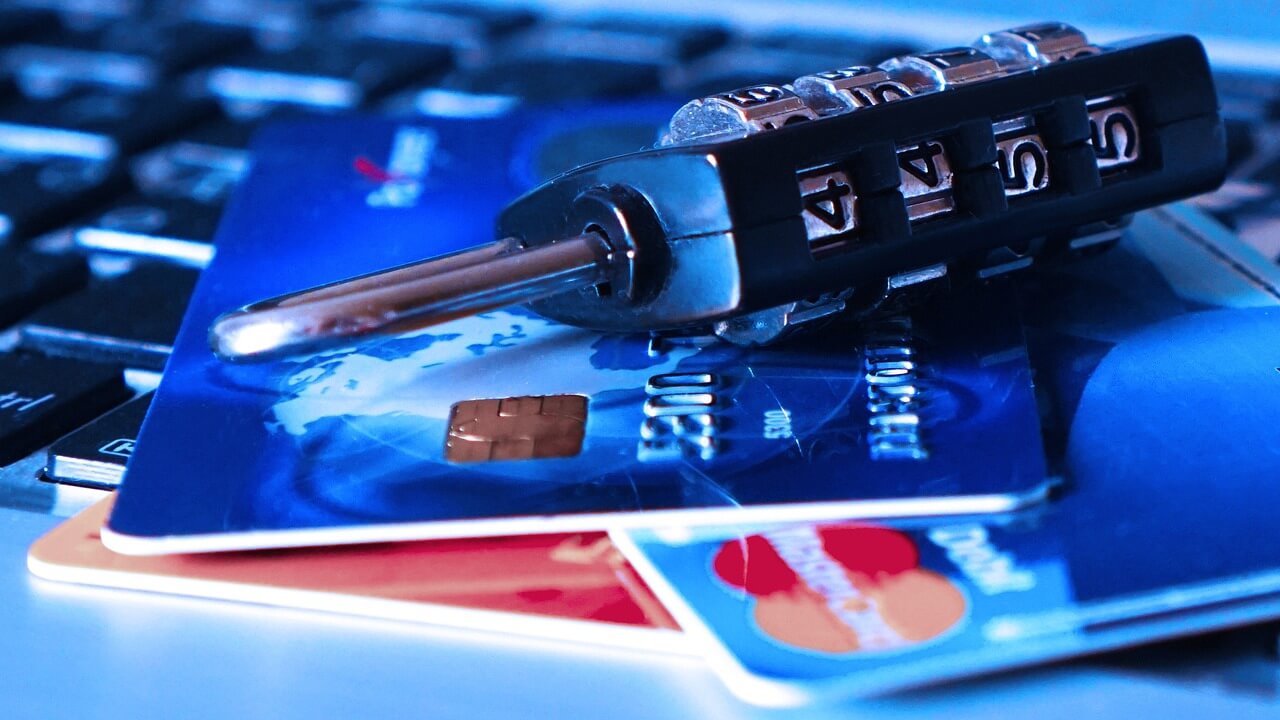Fraud and Identity Theft: Steps You Can Take to Avoid Becoming a Victim

Fraud and identity theft are becoming increasingly common. However, there are numerous actions you can take to decrease your likelihood of becoming a victim. While there are paid identity monitoring services, they are not always necessary. There are numerous services you can utilize that cost nothing. Additionally, there are general security practices that, if followed, will help keep you and your family safe.
How to Prevent Fraudulent Charges
One way to avoid fraudulent charges is to set up credit card and bank alerts. If you log into your bank account or credit card account, you will have the option to turn on a series of alerts. The alerts can be set up to send you text messages and emails when certain events occur. For example, you can set up alerts that notify you of any transactions over $100. Additionally, you can establish alerts to notify you of international transactions, so if your card is used in another country, you will know. You can also establish alerts when your credit card balance reaches a specific level. This is helpful if your credit card is compromised and the thief uses it to place numerous orders that do not trip the individual transaction threshold alert you established. Alternatively, for your bank account, you can set up an alert to notify you when the balance falls below an amount you designate. Utilize these alert options to stay informed on the activity of your accounts and quickly recognize when unauthorized transactions are made. When these transactions occur, you can notify the bank or credit provider and freeze the account.
In addition to establishing alerts for your bank and credit cards, check to see if your credit card provider offers free identity monitoring services. Many credit cards continue to offer credit monitoring perks, such as free credit scores. Some also offer basic identity monitoring services that will alert you if your personal information, such as your social security number is associated with a new address or unusual activity.
Whether or not your credit card provider offers credit monitoring services, you can still sign up for free identity monitoring services offered by one of the three major credit bureaus – Experian, TransUnion, or Equifax. When you sign up, be sure you are utilizing the free version. It is easy to unintentionally sign up for credit monitoring services that are initially free and then incur a monthly fee after the trial period. If you stick with services offered by the credit bureaus, then you are assured that the providers are legitimate and your information will not be compromised. Never sign up for credit monitoring services from third-party providers with whom you are not familiar.
Utilize secure passwords. The more difficult your password and the less personally identifiable information (e.g. birthday, name, etc.) it contains, the less likely you are to have your accounts compromised. Do not reuse the same password for multiple accounts, and do not use phrases or information that is easily associated with you, such as your mother’s maiden name. Passwords that combine special characters, numbers, and random characters (not common words) are best.
How to Avoid Identity Theft
Do not provide information without verifying the source requesting the information. For example, if you do not recognize a call you receive or are unable to verify the authenticity, hang up and call the company back at their 1-800 phone number. Never answer questions or provide personal information without validating the requester. In general, you should not receive calls from financial institutions requesting information from you. Treat any such inquiries with caution. Similarly, do not respond to suspicious emails. The “from” line of the email is often a dead giveaway of a phishing attempt. For instance, if you receive an email indicating it is from Amazon, and the email address it came from is not an Amazon email address, then flag the email as spam. Do not click on links or respond.
Check your credit report regularly. Experian, TransUnion, and Equifax are required to provide a free credit report annually. To request this report, go to https://www.annualcreditreport.com. When in doubt, go to the Federal Trade Commission website and utilize the direct link from there. When requesting your credit report, review it for accounts you do not recognize, unknown addresses, and any other inaccurate information. If it contains errors, these could be administrative or the result of fraud. Alert the credit bureau by filing a dispute. The credit bureau will then investigate the dispute and notify the other two credit bureaus. Additionally, if you are concerned about identity theft, you can initiate a credit freeze or credit block.
Avoid using your social security number. Safeguard your social security number at all costs. Even if you are asked for this information at a medical appointment or dental appointment, it is rarely required. Instead, if you know the source is legitimate, offer to provide your driver’s license number or another form of identification. If you are completing paperwork that asks for your social security number, leave that section blank and verify if it is absolutely required. In some cases, such as an application for an apartment, you will be required to provide the information because a credit check and background check are performed, but there are many times when you can avoid giving your social security number.
Conclusion
Protecting yourself from fraud and identity theft is extremely important. There are many steps you can take to avoid becoming a victim, including setting up alerts, utilizing free credit monitoring services, establishing secure passwords, pulling your credit report, and safeguarding your personal information. Understanding these important actions and educating your friends and family is important. Even if you are practicing effective safeguarding measures, your information can be compromised if your spouse, parents, children, or anyone else close to you is not also aware of the importance of protecting personal and financial information.



